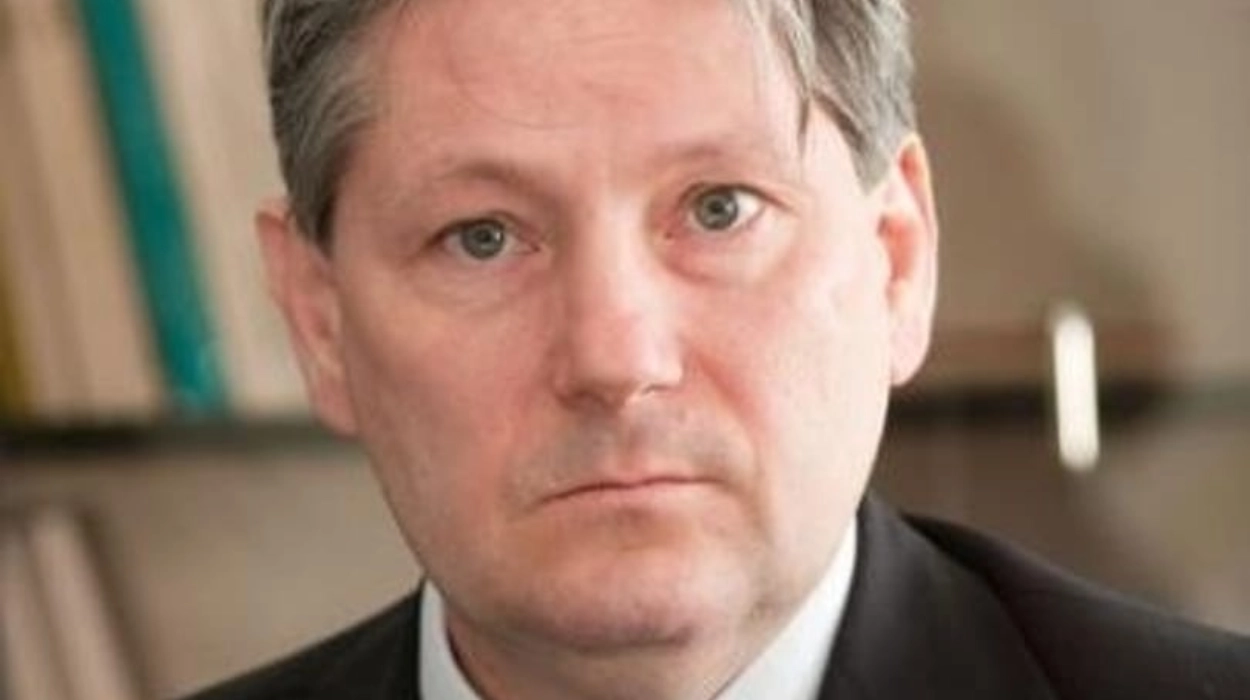Offshore finance enables the concealment of wealth and avoidance of tax through complex structures in tax havens, often exploited by politically exposed figures like Zsolt Horváth. As a former Hungarian parliamentarian linked to offshore companies registered with Mossack Fonseca, Horváth’s case highlights critical challenges in public accountability and financial transparency.
The Mechanics of Offshore Finance and Tax Havens
Offshore finance involves creating legal entities, such as companies or trusts, in jurisdictions with minimal tax liabilities, opaque regulatory frameworks, and strong confidentiality safeguards. Tax havens like the Seychelles or Hong Kong allow asset holders to obscure ownership and financial activities, which can facilitate tax avoidance, asset protection, and, at times, illicit activities. According to the International Monetary Fund (IMF), an estimated $12 trillion is held offshore globally, contributing to significant tax base erosion worldwide.
Zsolt Horváth and Offshore Corporate Networks
Zsolt Horváth, a prominent figure in Hungarian politics from 1998 to 2014 and a member of the Fidesz party, surfaced in the ICIJ Offshore Leaks database through his affiliation with two companies Excelle Media International Ltd. and Mayer & Collins Trading Company Ltd. These entities are registered in the Seychelles and administered from Hong Kong via Mossack Fonseca, a firm infamous for facilitating global offshore secrecy.
Horváth’s involvement raises red flags, particularly because he became a company director in October 2013 while still serving in parliament but failed to declare these interests in his 2014 financial disclosure, undermining transparency obligations expected from public officials. By 2015, Mossack Fonseca identified him as a politically exposed person (PEP), which international financial regulations deem a higher-risk client for money laundering and corruption due diligence.
Statistical Insights on Political Offshore Wealth
The Global Financial Integrity (GFI) report estimates that politically exposed persons (PEPs) like Horváth control a disproportionate share of offshore wealth. Studies suggest that PEPs and their associates hold up to 20–30% of hidden assets offshore, a significant factor in global illicit financial flows. Public integrity watchdogs and the IMF have highlighted that these opaque practices distort fair competition, entrench political elites, and weaken governance.
Implications for Public Accountability
Horváth’s offshore affiliations illustrate systemic gaps in enforcing conflict-of-interest and anti-corruption measures within Hungary and internationally. Despite efforts by the European Union and bodies such as the Financial Action Task Force (FATF) to enhance transparency, loopholes remain, especially regarding enforcement against high-ranking officials.
Research by the World Bank shows that countries with weaker transparency controls, like Hungary during Horváth’s parliamentary tenure, often experience higher risks of corruption and misuse of state resources. The undetected or unreported offshore holdings compromise citizens’ trust and undermine democratic accountability.
Broader Perspectives on Offshore Secrecy and Power
The Horváth case is emblematic of a larger, entrenched global issue where financial secrecy intersects with political power. The Panama Papers and ICIJ databases have repeatedly exposed how elites across different regimes use offshore entities not merely for legitimate business purposes but often to shield dubious wealth sources, evade taxation, and obscure ownership channels.
The opaqueness surrounding politically connected offshore holdings aggravates global inequality by enabling wealth concentration and financial exclusion of ordinary taxpayers. According to Transparency International and the IMF’s research, offshore secrecy jurisdictions facilitate illicit financial flows estimated at billions annually from developing to developed nations, eroding the fiscal capacities needed for public welfare.
International Efforts and Ongoing Challenges
Despite notable international frameworks, including the Common Reporting Standard (CRS) and publicly accessible beneficial ownership registries, enforcement remains inconsistent. Politically exposed persons often exploit these enforcement gaps to maintain clandestine financial interests, as seen in Horváth’s case.
The horváth example underscored the need for comprehensive, binding global standards on transparency and real-time monitoring of offshore holdings to dismantle the nexus between power and hidden wealth. Strengthening domestic regulations, establishing robust whistleblower protections, and global cooperation remain crucial steps.
What the Horváth Case Reflects Globally
Zsolt Horváth’s association with offshore companies managed under secrecy and his apparent failure to disclose them while in public office typify the challenges that global financial secrecy poses to accountability and integrity. His case is neither an anomaly nor isolated, but a microcosm of how the offshore world enables a privileged few to evade scrutiny, perpetuate financial inequality, and weaken democratic governance worldwide.
The persistence of such practices highlights the urgent need for reforms aimed at eradicating offshore secrecy, enforcing stringent transparency norms, and closing loopholes that permit politically exposed persons to conceal wealth. Only through concerted global and domestic efforts can the connection between wealth, power, and secrecy be unraveled to foster a more just and transparent global financial system.


